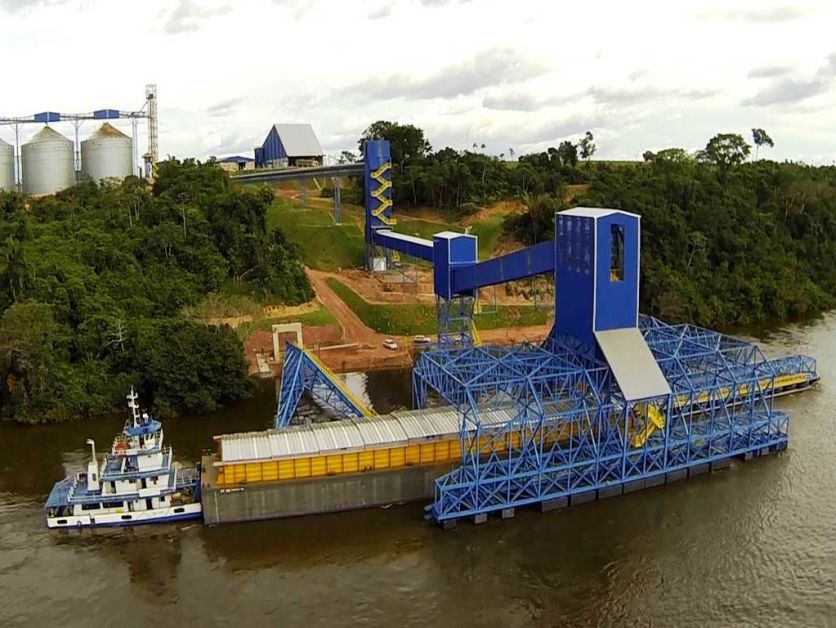President Donald Trump announced Monday the U.S. will be restoring tariffs on Brazilian and Argentine steel and aluminum, potentially disrupting the recently improving U.S. trade relationships with Brazil.
Trump, who said he was reacting to Brazilian and Argentine efforts to devalue their currencies and the alleged impact on U.S. farmers, promised in a tweet that “effective immediately” he would “restore the Tariffs on all Steel & Aluminum that is shipped into the U.S. from those countries.”
This comes about two months after Brazilian Foreign Affairs Minister Ernesto Araujo visited the U.S. to begin the process of a potential free trade agreement with the U.S.
U.S. government and industry officials say there is no sign that either country has been trying to devalue their currencies. Brazil’s central bank has actually been trying to strengthen its currency – the real – amid public outcry over the loss of purchasing power.
The U.S. dollar is currently worth roughly 4.2 Brazilian real, making that currency only slightly weaker than about 3.9 real a year ago.
If Brazil were trying to devalue its currency, that could theoretically make it easier for the country to sell its soybeans to China.
Brazil agreed nearly two years ago to cap its exports of steel to the U.S. in order to avoid the Section 232 tariffs that are meant only to address national security concerns.
While Brazil is a major exporter of steel to the U.S., it is also a major importer of U.S. ethanol and coal, two commodities Brazil has threatened to raise tariffs on previously, before the U.S. exempted it from the steel and aluminum tariffs about a year and a half ago.
And now U.S. wheat could come in the crosshairs.
Just last month Brazil announced it was preparing to implement a tariff rate quota to allow an increase in duty-free wheat imports from countries outside the Mercosur trade agreement (Brazil, Argentina, Paraguay and Uruguay). The 750,000-metric-ton TRQ is expected to benefit mostly U.S. and Canadian wheat farmers, giving them much larger and dependable access to Brazil, the fourth largest wheat importing country in the world.
One U.S. government official tells Agri-Pulse that Brazil is expected to implement the new TRQ by Jan. 1.
“Brazil is a quality-focused wheat market and its flour millers recognize that U.S. wheat can help them better meet their customers’ needs,” U.S. Wheat Associates President Vince Peterson said recently.
And the ethanol situation is also complex. Trump beseeched Brazilian President Jair Bolsonaro earlier this year to lift restrictions on U.S. ethanol, according to U.S. government officials. While Bolsonaro was inclined to do so, Brazilian lawmakers stepped in the way. Brazil’s Congress increased the amount of duty-free ethanol that can be imported from 600 million liters per year to 750 million, but at the same time implemented a seasonal block to imports so they would not compete with domestic product.
From January through July this year, the U.S. exported 5.6 million barrels of ethanol to Brazil.
For more news, go to: www.Agri-Pulse.com


